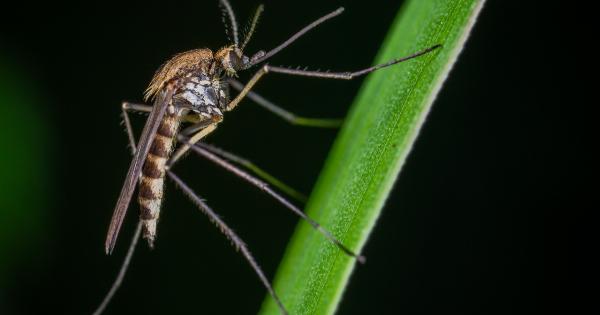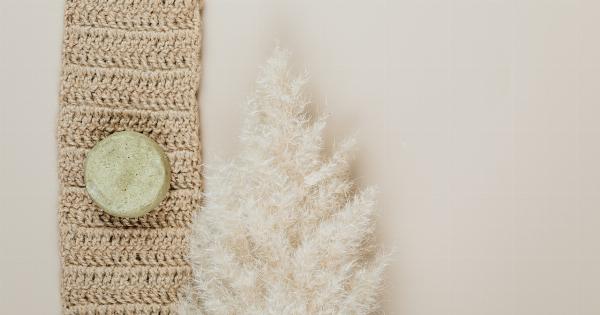Mosquitoes can be a nuisance, especially in the warmer months, and they also pose a health risk by spreading diseases such as malaria, dengue, and Zika virus.
While there are many chemical products available to repel them, some people prefer more natural methods. One of these methods is using plants that mosquitoes find unpleasant or unattractive. Here are ten plants that can help keep mosquitoes away:.
Citronella
Citronella is a common ingredient in insect repellents and candles. It is a tall, grassy plant that has a distinct lemon scent. The strong fragrance of citronella masks other scents that mosquitoes are attracted to, making it an effective repellent.
You can plant citronella in pots or in the ground, but it does best in well-drained soil and full sun.
Lavender
Lavender is a beautiful, fragrant plant that is used in many cosmetic and aromatherapy products. However, mosquitoes find its scent unpleasant, making it a natural repellent.
Lavender grows best in well-drained soil and full sun, and its flowers can be harvested to make sachets or potpourri.
Catnip
Catnip is a member of the mint family and is known for its ability to attract cats. However, it also has a strong scent that mosquitoes find unappealing. Catnip grows best in full sun and well-drained soil, and it can be grown in pots or in the ground.
Basil
Basil is an herb that is commonly used in cooking, but it also has mosquito-repelling properties. Its strong scent masks other scents that mosquitoes are attracted to, making it an effective natural repellent.
Basil grows best in full sun and well-drained soil, and it can be grown in pots or in the ground.
Marigolds
Marigolds are a popular garden flower that has a distinct scent that mosquitoes find unpleasant. They also contain pyrethrum, a compound found in many insect repellent products.
Marigolds prefer full sun and well-drained soil, and they can be grown in pots or in the ground.
Lemon Balm
Lemon balm is a member of the mint family and has a lemon scent that mosquitoes find unattractive. It grows best in full sun and well-drained soil, and its leaves can be used to make tea or added to salads and other dishes.
Rosemary
Rosemary is an herb that is commonly used in cooking, but it also has mosquito-repelling properties. Its strong scent masks other scents that mosquitoes are attracted to, making it an effective natural repellent.
Rosemary prefers full sun and well-drained soil, and it can be grown in pots or in the ground.
Peppermint
Peppermint is a member of the mint family and has a strong scent that mosquitoes find unattractive. It grows best in full sun and well-drained soil, and its leaves can be used to make tea or added to salads and other dishes.
Clove
Clove is a spice that is commonly used in cooking and also has mosquito-repelling properties. Its strong scent masks other scents that mosquitoes are attracted to, making it an effective natural repellent.
Clove can be grown in pots or in the ground, but it prefers well-drained soil and partial shade.
Lemongrass
Lemongrass is a tall, grassy plant that has a distinct lemon scent. The strong fragrance of lemongrass masks other scents that mosquitoes are attracted to, making it an effective repellent.
Lemongrass grows best in well-drained soil and full sun, and it can be grown in pots or in the ground.
Conclusion
Using plants that repel mosquitoes is a natural and effective way to keep these pesky insects away. By growing these plants in your garden or planting them in pots, you can enjoy the outdoors without the hassle of mosquito bites.
Remember to place the plants in areas where you spend the most time, such as a patio or deck, to maximize their effectiveness.





























